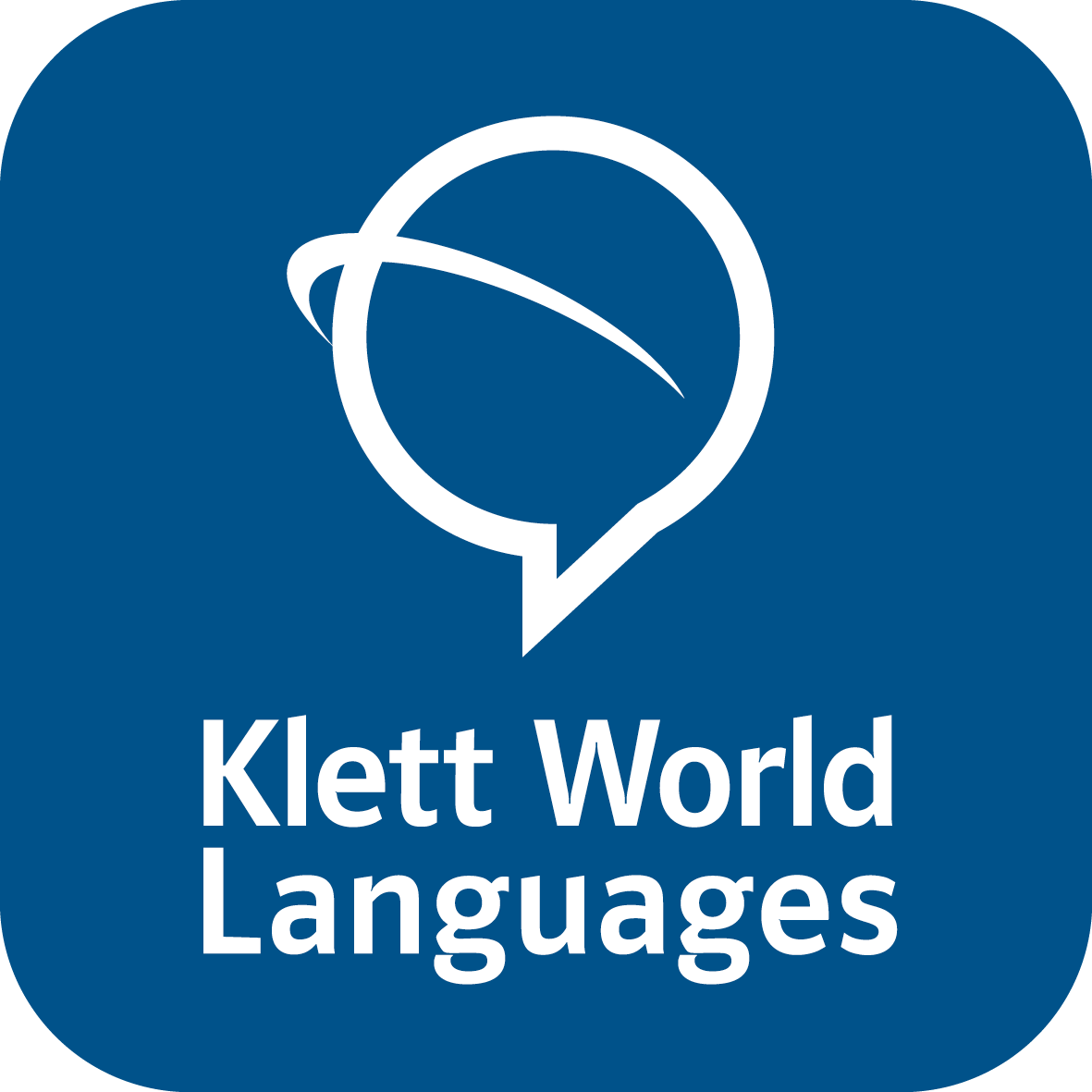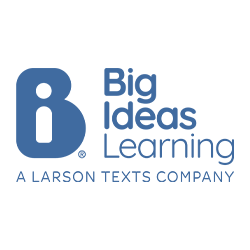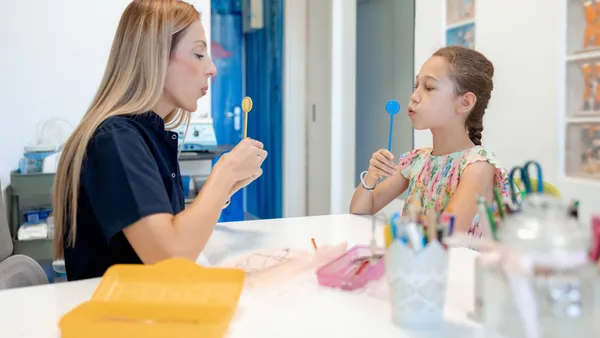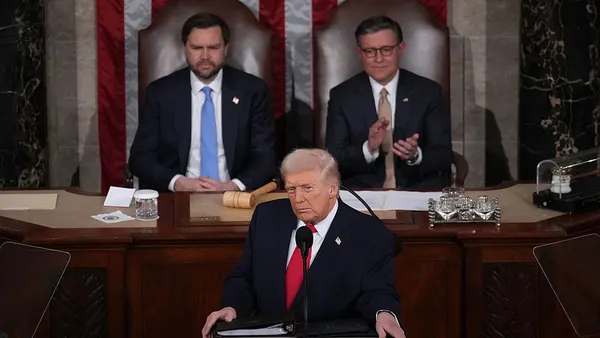Dive Summary:
- In a paper published by the Hamilton Project, business school professors Aaron Chatterji and Benjamin Jones argue that the nonprofit program EDU STAR, which is currently seeking $5 million in funding from the U.S. government, could effectively evaluate educational technology for the benefit of educators and innovators alike, thereby giving schools a resource to understand how the technology works and which specific products can help them improve educational standards.
- At first, EDU STAR would team up with schools to appraise instructional software's value with regard to the Common Core State Standards and then broaden the scope of their report to include learning platforms that aren't designed for only a particular curriculum.
- Ed tech developers believe that such a report could potentially hinder innovation, arguing that by the time the report is done and published, the technology it surveys will be vastly updated and improved; other ed tech advocates believe that teachers should write their own reports to provide other educators with advice and context for their experiences, instead of quantifying products into a ratings systems.
From the article:
"The recent surge of investment and energy in education technology is bringing a new wave of tools to schools across the country. But determining which options are most appropriate and effective for specific classrooms is becoming an increasing challenge for teachers and administrators.
Education blogs and newsletters, as well as social platforms such as Edmodo and Schoology, are helping educators discover new products and services. But a proposal recently presented to the nonprofit Hamilton Project calls for a Consumer Reports-like independent third party to evaluate and rate new learning technologies. ..."













